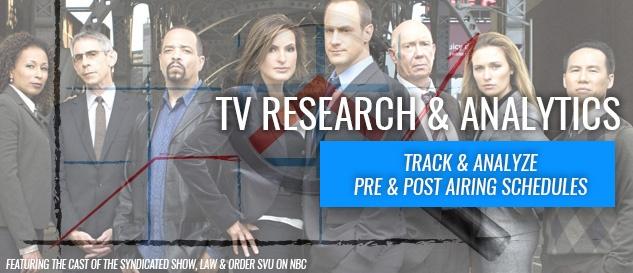While 2014 was seemingly the year of the set-top box, it is increasingly looking like the cloud may
prevail in the STB vs. vSTB debate.
At the end of October, Cox Communications lost a class action lawsuit in Oklahoma,
in which customers claimed the cable provider forced them to rent a set-top box
in violation of federal antitrust law. The plaintiff was awarded $6.3 million
as a result.
“We think that consumers always benefit from more
competition. More competition equals lower prices and more innovation,” said
plaintiff attorney Todd Schneider. “So we think at the end of the day,
consumers are better off. But also Cox is better off, frankly. Companies that
compete do great things and Cox is going to have to compete now.”
Yesterday, a group of eight senators sent a letter to FCC chairman Tom Wheeler that referenced this lack of competition after a review of information from Cox, Verizon FiOs, Charter, Dish Network, and others concluded that an American household spends approximately $232 a year on STB rental fees – which adds up to $20 billion per year paid to MVPDs.
“At a time when smartphones, personal computers and tablets have revolutionized the way Americans go about their daily lives and conduct business, set top boxes have lagged behind,” wrote the senators. “Without strong FCC action, consumers may be left with no choice but to rent set top boxes from their MVPD providers in perpetuity, which is akin to the days when consumers had no choice but to rent their rotary dial telephone from the telephone company.”
Already, Time Warner Cable is taking action. The business has been testing a special app in New York City that eliminates a physical STB entirely.
“Where we're headed," said TWC chief executive Rob Marcus, "is the ability of customers to access the complete video product without having to rent a set-top box from us, whether they use a Roku or another [Internet Protocol]-enabled device."
Comcast is endorsing a similar strategy, which it outlined in its own FCC letter:
Yesterday, a group of eight senators sent a letter to FCC chairman Tom Wheeler that referenced this lack of competition after a review of information from Cox, Verizon FiOs, Charter, Dish Network, and others concluded that an American household spends approximately $232 a year on STB rental fees – which adds up to $20 billion per year paid to MVPDs.
“At a time when smartphones, personal computers and tablets have revolutionized the way Americans go about their daily lives and conduct business, set top boxes have lagged behind,” wrote the senators. “Without strong FCC action, consumers may be left with no choice but to rent set top boxes from their MVPD providers in perpetuity, which is akin to the days when consumers had no choice but to rent their rotary dial telephone from the telephone company.”
Already, Time Warner Cable is taking action. The business has been testing a special app in New York City that eliminates a physical STB entirely.
“Where we're headed," said TWC chief executive Rob Marcus, "is the ability of customers to access the complete video product without having to rent a set-top box from us, whether they use a Roku or another [Internet Protocol]-enabled device."
Comcast is endorsing a similar strategy, which it outlined in its own FCC letter:
“The apps-based approach is providing clear pro-consumer and
pro-competitive benefits and advancing Congress’s and the Commission’s goal
under Section 629 of promoting retail device alternatives to operator-supplied
set-top boxes … [it] has a proven track record of success, and is meeting
consumer demand for expanded device options for accessing their MVPD service
without the need for government intervention.”
The sticking point is whether or not the government should be mandating set-top box changes, or whether MVPDs should be pursuing new developments independently. The letter-writing senators believe that the MVPDs are moving too slowly.
“As a programmer, what I don't want is to have the government force the cable operators to open up the set-top box platform,” Alfred Liggins, chairman of TV One, told the LA Times.
The sticking point is whether or not the government should be mandating set-top box changes, or whether MVPDs should be pursuing new developments independently. The letter-writing senators believe that the MVPDs are moving too slowly.
“As a programmer, what I don't want is to have the government force the cable operators to open up the set-top box platform,” Alfred Liggins, chairman of TV One, told the LA Times.
The FCC should respond in early December. No matter what their decision, it sounds like apps may be taking over the STB market.
Author: Brian Cameron
Follow @FYITV








Interesting development.
ReplyDelete